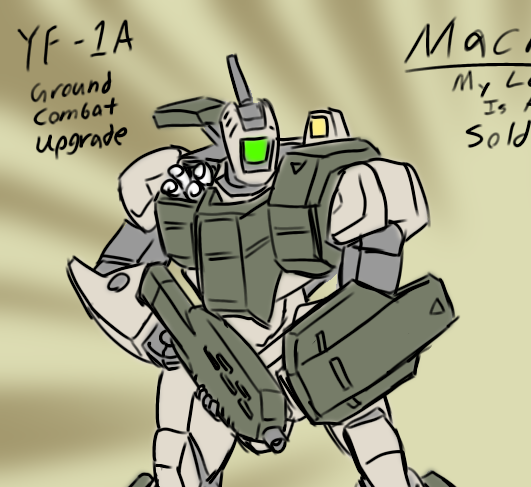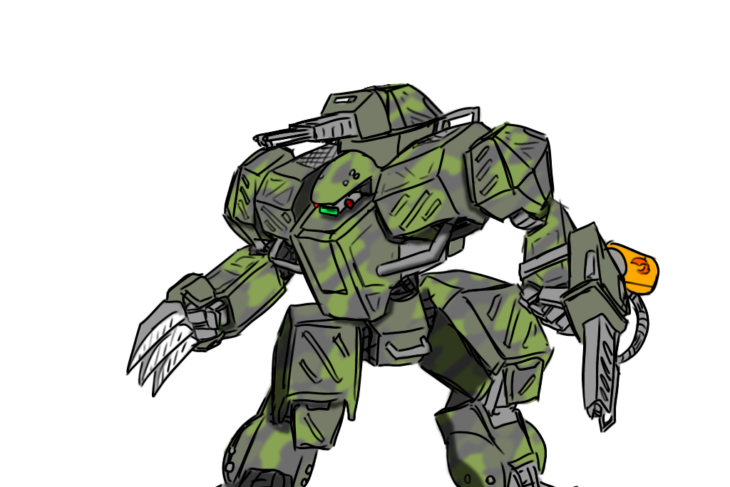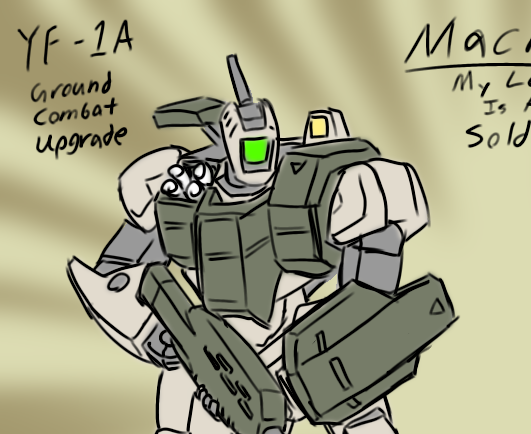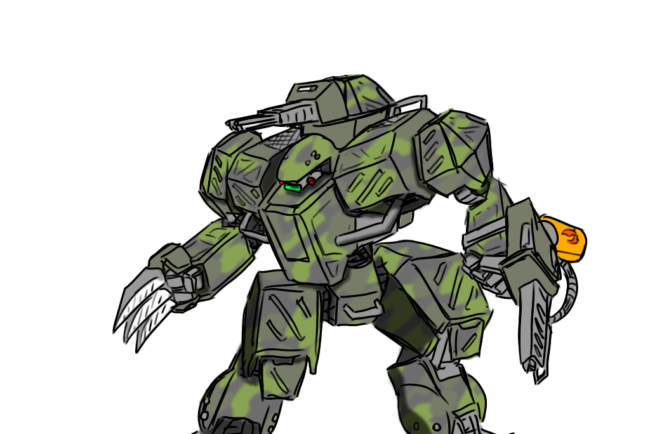
King to Pawn system
The King to Pawn system is a way to categorize characters in a fictional universe where multiple authors and creators work in. It allows people to know “who is who”, but also to know how important they are to the meta plot and how they will interact with the world. It lets “top level” creators to give guidelines to members of their team without having to micromanage every aspect of their creative process.
Simple guidelines are that a character higher in the hierarchy is more important to the plot in general and that making “broad change” to a character higher in the hierarchy should be limited. Making major changes to a King requires agreements between all the “top level” creators, while making changes to a Knight or Rook generally only require a small nod, if anything at all. Pawns are always 100% expendable and their status can be changed at any point without any real issues.
The order of priorities goes King -> Queen -> Bishop -> Knight -> Rook -> Pawn. One way to look at things is that a King can take out any of the other pieces (I know, that breaks the chess analogy), while a Queen can take out anything below him/her, but if they want to “punch above”, approval and agreements are required. The further down the list you are, if you are going to affect a character above you, more consensus is required. For a Pawn to take out a King, there will need to be something really special in the plot to bring this forth.
King
| King characters are the most critical to the meta plot and the setting in general. The average reader / player would know of them by name even if they haven’t read all the material. Kings should not be taken out of play through normal means or simply for “shock value”. Major faction leaders will generally be Kings (unless the Meta Plot has a “scheduled termination”), same with “Big Heroes” Early examples: Hanse Davion, Theodore Kurita |
Queen
| Queen character are critical to the meta plot, but have a higher chance / probability of having sweeping changes affect them. Most readers will know of Queen characters once they read the “top-level” material. Queens will make good “main characters” for important plot points, but they can “removed from play” as a major plot twist or event. Early examples: Ardan Sortek, Romano Liao, Grayson Carlyle |
Bishop
| Bishops are important characters for a particular arc and story, but their actions will not have larger ramifications for the most part. Bishops can easily interact with a Queen or King, but they won’t change the status quo for these characters unless those characters initiated the change. People at the mid-level of the story and plot will know who they are, but “casual readers” will often need to be reminded of who they are. Those characters can easily move up and down depending on where in the story things are going on. Good example here is Justin Allard, who is critical to the 4th Succession War story from the Warrior trilogy, but the “events” of the story could have happened without him (the 4th Succession War, ect…). Early example: Justin Allard (goes down after his story is over), Frederick Steiner (progressively goes ups as Anastasius Focht) |
Knight
| Knights are supporting characters to higher characters, but their actions will generally help the plot move along but won’t enact major “changes” to it. Knights will generally interact with Bishops, but have limited contact with characters above that outside of a “bit piece”. They can easily be promoted to Bishops if someone takes a special interest in them. Early examples: Andrew Redburn, Tsen Shang |
Rook
| Rooks are named characters with no “specific” role in the meta plot when they are created or introduced. They exist as a “placeholder” most of them time, to be used, name dropped or introduced as a “speaking bit” in a story. They can easily be promoted to a higher level if someone takes an interest in them, but until they do, they generally are “free game”. Early examples: Most commanding officers of any faction, minor lords and ladies of the Inner Sphere. |
Pawn
| Pawns are fully disposable and replaceable characters in the meta plot. Many of them are “nameless and faceless”, which can be created and taken out in a single chapter with no problem. Promoting a pawn should generally be difficult, but can happen . |
Go back to Settings and Guidelines.









